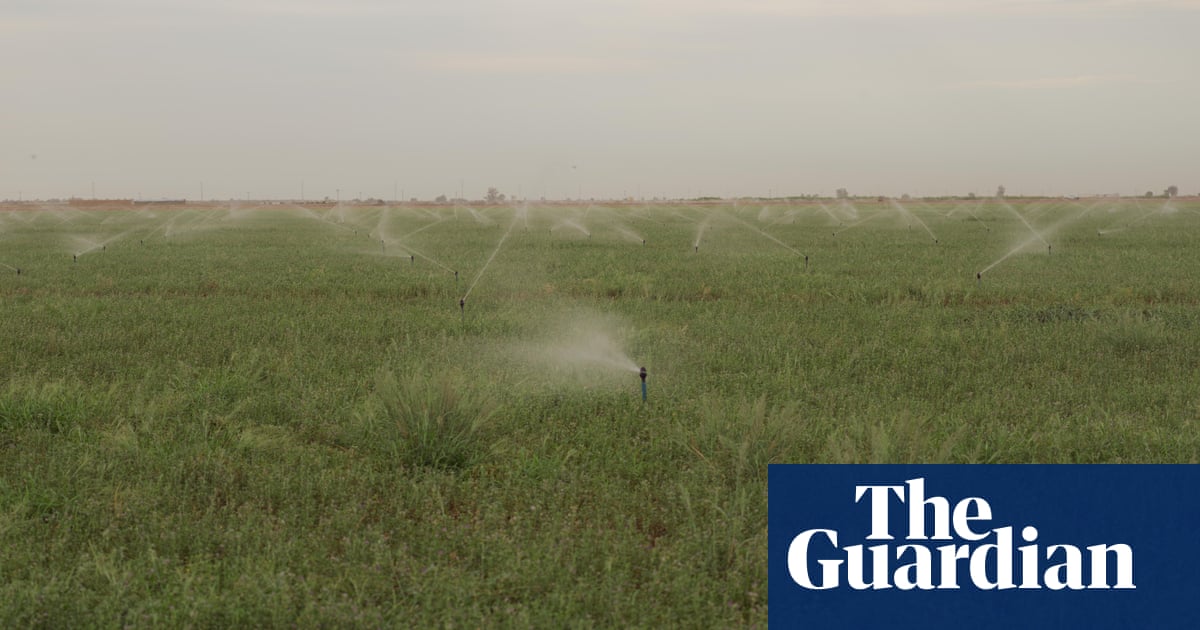What you feed the best college football team in the White House when you selfishly shut the government down because you can't get what you want.Just Hamberders™
I served them massive amounts of Fast Food (I paid), over 1000 hamberders, etc.
You can install our site as a web app on your iOS device by utilizing the Add to Home Screen feature in Safari. Please see this thread for more details on this.
Note: This feature may not be available in some browsers.
What you feed the best college football team in the White House when you selfishly shut the government down because you can't get what you want.Just Hamberders™

You’re not supposed to think nor ask about that.What about the toxic fertilizers that are used on Crops and seep into the ground and into Rivers and Streams?
What about the toxic fertilizers that are used on Crops and seep into the ground and into Rivers and Streams?
And for those of us who are gluten free?Exactly. Which is why it's silly to grow crops to feed to animals to eat instead of just eating the crops. ~90% less 'toxic' fertilizer
U.S. could feed 800 million people with grain that livestock eat, Cornell ecologist advises animal scientists
Corn and soy are gluten free and much healthier than meat.And for those of us who are gluten free?
I guess you didn't bother to watch the video. To paraphrase a famous saying: "it's the cows, stupid".Lawn upkeep in bougie areas and golf courses.
I’m not interested in anything that prevents juicy steaks from reaching my plate.I guess you didn't bother to watch the video. To paraphrase a famous saying: "it's the cows, stupid".
Facts matter but this ain’t it, chief.Willful ignorance is exactly what I'd expect from the facts don't matter crowd.
Facts matter but this ain’t it, chief.
Gates and the rest of the Jet Set climate preacher crowd can lead by example and give up those private jets, beachfront mansions and lavish events.


